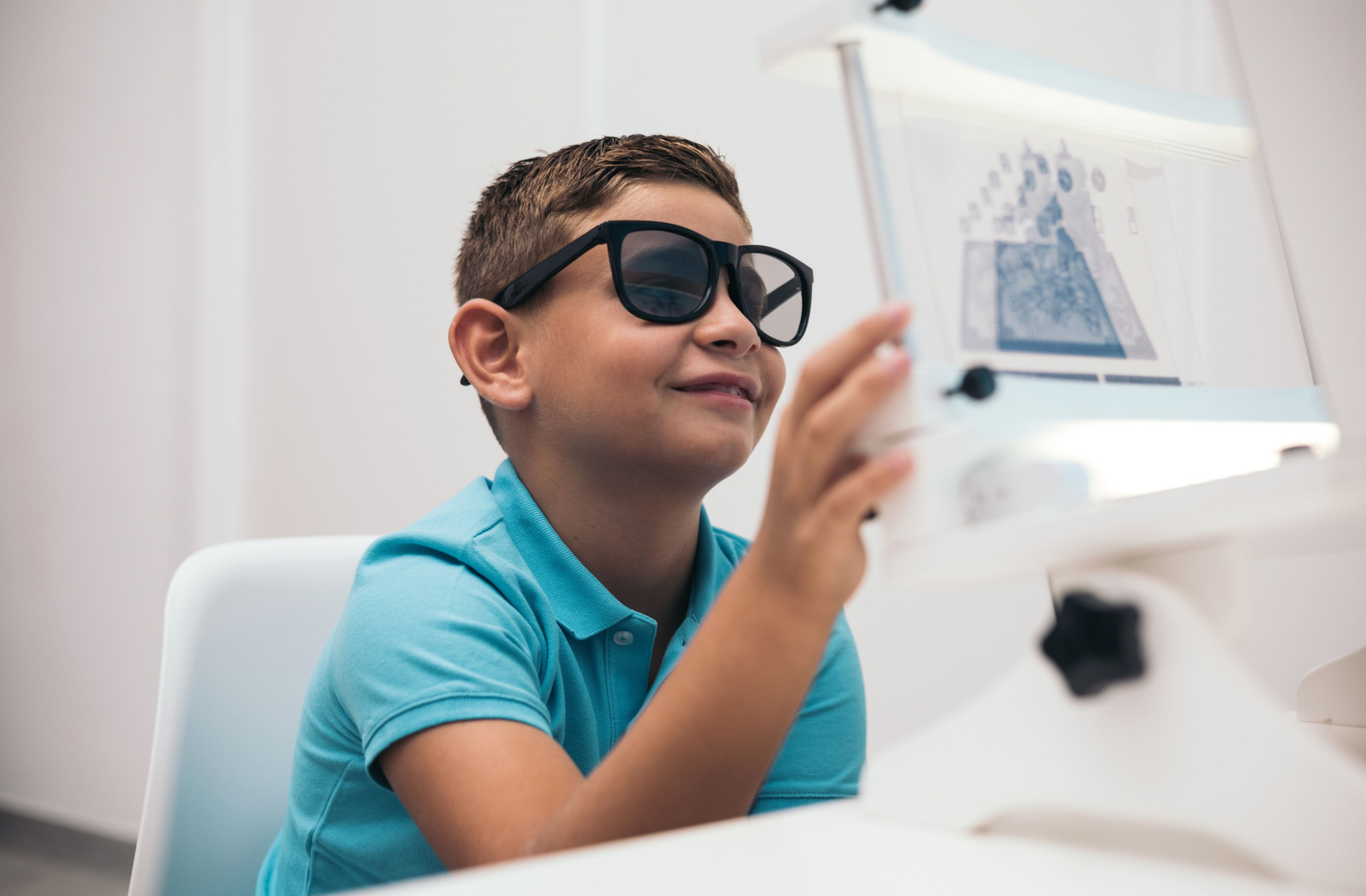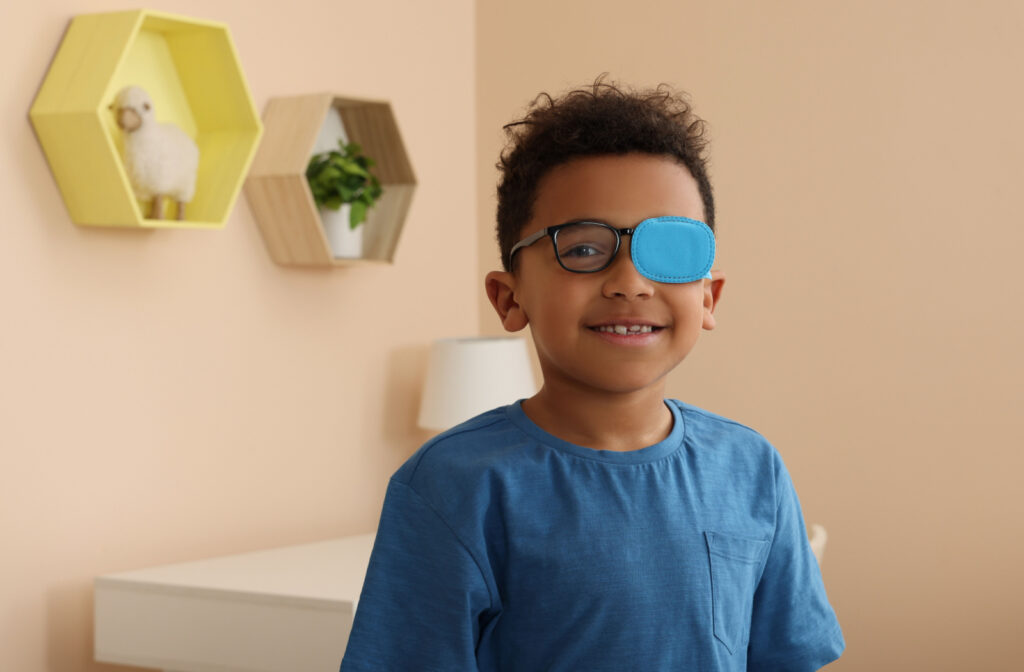Seeing and functioning well involves far more than 20/20 vision and preventing eye diseases. Sometimes, your vision and sight can get misaligned, causing headaches, eye strain, or vision-related learning problems. Head injuries and concussions are also significant contributors to vision problems.
Fortunately, you can address those challenges with vision therapy—a specialized program to improve visual skills and address various eye conditions. Vision therapy has been scientifically proven to be effective in treating a wide range of vision problems, but unfortunately, many people still believe some common myths about it that need debunking.
Myth 1: Vision Therapy Is Only for Children
While it’s true that vision therapy is often prescribed for children with vision disorders, including lazy eye (amblyopia) or crossed eyes (strabismus), it can also benefit people of all ages.
At its core, vision therapy is a completely personalized treatment plan developed for your specific visual needs in areas such as depth perception, eye alignment, focusing, or tracking.
Following a concussion, head injury, or neurological event, vision therapy can be a valuable component of your healthcare plan to restore connections between the brain and the visual system as you recover.
Myth 2: Vision Therapy Is Not Based on Scientific Evidence
Vision therapy isn’t a pseudoscientific fad—on the contrary, there is a wealth of scientific evidence supporting vision therapy’s efficacy. Numerous studies, including randomized controlled trials published in peer-reviewed medical journals, have demonstrated that vision therapy can effectively treat various vision disorders and eye conditions and enhance overall visual performance.
Using evidence-based approaches tailored to individual needs, trained optometrists and vision therapists can help support and strengthen a variety of visual skills and functions.
Myth 3: Vision Therapy Can Replace Glasses or Contact Lenses
Vision therapy isn’t designed to eliminate glasses or contact lenses. It focuses on improving visual skills and resolving underlying vision problems. While it can reduce reliance on visual aids in some cases, vision therapy aims to enhance your visual performance and comfort, not to replace corrective lenses for nearsightedness or farsightedness.
Myth 4: Vision Therapy Is a Quick Fix
Vision therapy often requires an investment of time, consistency, and effort. Just like when you’re healing from an injury in physical therapy, you need to maintain consistent appointments, practice your exercises, and be diligent to support your body’s recovery. Vision therapy often includes exercises and activities you need to practice to build your visual skills gradually.
Depending on the severity of your vision challenges and your individual needs, vision therapy’s duration can vary, but it’s important to remember that the benefits of vision therapy can significantly improve your quality of life.
Myth 5: Vision Therapy Is the Same as Eye Exercises
While vision therapy does include some eye exercises, many treatment plans include far more than that. Vision therapy is a comprehensive program that involves various activities and techniques, such as the use of specialty lenses, prisms, perceptual learning methods, computer software, 3D vectograms and tranaglyphs, and equipment to focus on specific visual skill deficiencies.
It’s a customized program tailored to each patient’s needs and designed to help improve the way the brain processes visual information.

What Can Vision Therapy Do?
Vision therapy can help with a wide range of conditions and needs, including:
- Learning problems
- Struggles with reading
- Attention disorders
- Sports performance
- Binocular vision challenges
- Convergence insufficiency
- Brain injuries
- Concussions
- Strokes
Beyond eye conditions, vision therapy can help re-establish a strong connection between the brain and the visual system. Depending on your needs, you may work alongside your vision therapist to improve common visual skills, such as:
- Eye movement control
- Binocular coordination
- Accommodation
- Visual memory
- Visual thinking
- Depth perception
- Visual-motor skills
- Visual perception
Enhance Your Visual Skills
Vision therapy is a valuable, evidence-based approach for improving visual skills, treating certain eye conditions, and enhancing overall visual performance. By dispelling these common myths and providing a deeper understanding of the facts, we strive to help others make informed decisions about their eye health.
If your child or another family member struggles with vision problems, academic performance, sports vision skills, or functional vision, visit one of our Specialty Eye clinics to discuss vision therapy with your optometrist. Our team works closely with The Mind’s Eye Center to provide customized vision therapy treatment plans for patients of any age.
Book your appointment to get started.




